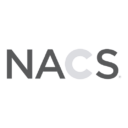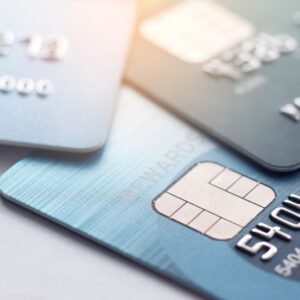
Insights
Is PINLess Debit Routing a fit for your payment ecosystem?

Payment by card in cafe with terminal and keyboard on wooden bac
PINLess debit routing can help your bottom line by reducing your cost of acceptance, but that doesn’t mean that anyone should implement PINLess without first thinking through essential decision points. For those who may not be aware, PINLess debit routing is the ability for debit enabled accounts to route over domestic and regional PIN debit networks without obtaining a PIN from a consumer. The routing of these transactions over PIN debit networks thus avoids higher interchange fees related to using signature debit rails maintained by the major card networks. As with all things related to the routing of a payment transaction, implementation can be fraught with potential pitfalls and related payment flow considerations.
Clint Cady, Partner at W. Capra Consulting Group, shared, “Utilizing PINLess debit to decrease cost of acceptance is certainly very enticing, but it also can be a very daunting undertaking. For some merchants, PINLess debit may mean a full-scale change to POS, reconciliation, and acquirer/gateway message specification and configurations to support this transaction routing. These modifications are piled on top of wholesale changes to payment system architecture with corresponding testing and deployment.”
How do I get started?
Tina Rich, Senior Consultant at W. Capra, added, “A Payment Health Check is the right place to start for a merchant considering changes to their transaction routing. Without an appropriate understanding of your current cost of acceptance, transaction mix, and capabilities of your current transaction process, pursuing PINLess debit in a silo will prevent you from actualizing the path to all potential benefits.”
Furthermore, updates to technology to support PINLess debit for verticals with dual messages (like petroleum Automated Fuel Dispenser (AFD) pre-auth with follow-on completion message) and for card-not-present (CNP) transactions are still in their relative infancy and therefore require a bleeding edge knowledge on how to pursue these paths.
But wait, there’s more
Once you layer on the complexity of EMV transactions and the related potential impacts of adding PINLess debit, Cady added, “Within these Payment Health Checks, it’s critical merchants work with their partners to understand the PINLess debit implementation impacts on the overall cost of acceptance including determining the appropriate EMV fraud liability configurations and settings.” At W. Capra, we have experience working with merchants to provide the expertise needed to help implement even the most complex additions to payment ecosystems, like PINLess debit, to ensure that there is definite benefit gained by going through the process.”
Clint Cady and Tina Rich are dedicated to leading W. Capra clients with tackling all things related to payments. For further discussion, contact Clint Cady at ccady@wcapra.com or Tina Rich at trich@wcapra.com.
Related Insights
Prepping for the End of Year, Holidays, and 2025
As each year ends, merchants are forced to deal with the scramble related to holiday season sales and offers which […]
Is Walmart’s Real-Time Payments Offer Going to be a Market Mover?
It was recently announced that Walmart will be working with Fiserv to implement real-time payments for their customers using Fiserv’s […]
Visa Sued for Monopolizing Debit Markets
While the ghost of the “Credit Card Competition Act of 2023” still lurks in Congress, the US government furthered […]
The Future of PCI DSS Scoping and Segmentation: What’s Changed?
Addressing Modern Network Challenges with PCI Security Standards Council’s New GuidelinesWritten by Josh Kennedy, W. Capra Senior PCI Consultant […]
Want to stay in touch? Subscribe to the Newsletter










